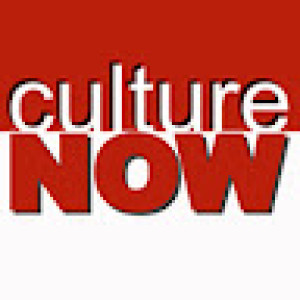Episodes

5 days ago

Friday Jul 11, 2025
Friday Jul 11, 2025
Step below grade at the subway to check out the Arts for Transit work by Sam Kunce -Under Bryant Park' from 2002. According to the Arts for Transit website: -The artist based the project on the idea of systems. In her words, 'People travel the subway system, water and other utility services are delivered by pipes, and plants and trees that provide grace and softness against the city's sharper edges find their way to water and nutrients underground through a system of roots. In a similar way, literature is shared by systems of learning and lending, and many animals inhabit systems of burrows just as humans systematically divide portions of larger habitats above ground."

Thursday Jul 10, 2025

Thursday Jul 10, 2025

Thursday Jul 10, 2025

Thursday Jul 10, 2025

Friday Jul 04, 2025

Saturday Jun 28, 2025

Saturday Jun 28, 2025

Saturday Jun 28, 2025
